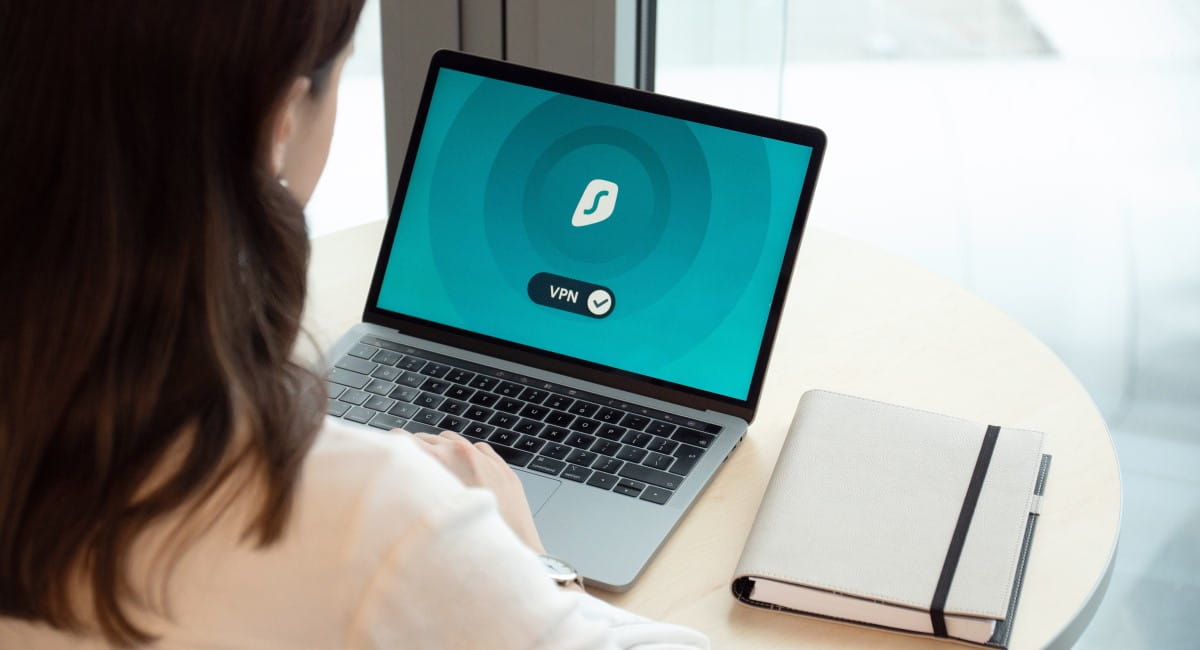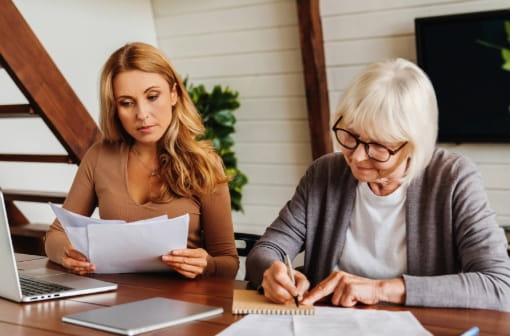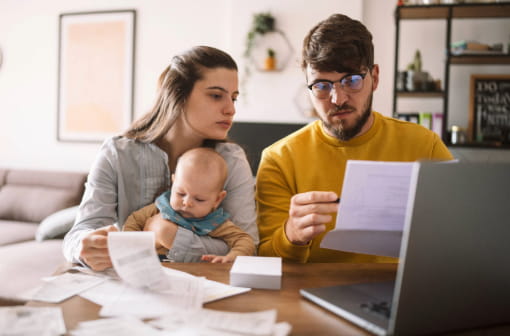“Did you know, for example, that one of the first places burglars look is in the freezer for foil-wrapped packages of cash? Or that most break-ins happen during the day when people are at work?”— Dr Natalie Gately, Senior Lecturer in Criminology, Edith Cowan University.
Key points
- Feeling safe is one of the key components of the Australian Unity Wellbeing Index.
- There are some surprisingly easy steps you can take to ensure you feel safe in your home.
- A home security system is the gold standard, but even motion-sensing lights can be an effective deterrent.
Feeling safe and secure in your home is a big factor in your overall wellbeing. In fact, it’s such an important need that the Australian Unity Wellbeing Index—a 20-year study into the wellbeing of Australians, conducted in partnership with Deakin University—considers safety to be one of wellbeing’s seven key factors.
Being burgled is a very real fear. A burglary may rob you of irreplaceable belongings, but there’s also the emotional impact of knowing someone has been in your home and through your things, which in turn can lead to feelings of anxiousness—especially if you live alone. Yet, as our experts explain, it can be surprisingly easy and inexpensive to keep intruders out.

As a specialist in criminal behaviour, Dr Natalie Gately gets her information straight from the horse’s mouth. Her research as a senior lecturer in criminology at Edith Cowan University includes interviewing burglars about the why, where and how they commit their crimes – and what they tell her is fascinating.
Did you know, for example, that one of the first places burglars know where to look, and the most common hiding place is looking in the freezer for foil-wrapped packages of cash? Or that most break-ins happen during the day when people are at work?
“Older people have lower rates of burglaries because they’re home most often,” says Natalie. Even then, being home during the day is often not enough. “It’s still best to take all the precautions you reasonably can,” says Natalie.
Two different types of burglary
The most common burglaries fall into two categories:
Opportunistic: When someone just happens to spot something of value in a home where an open door or window offers easy access.
With outward intent: When someone is planning to commit a crime but hasn’t decided which house to burgle yet.
“In both cases, the criminal really doesn’t want to be detected or to confront anyone,” Natalie says. “Juveniles tell us they generally spend under five minutes in a house, adults less than 10. They want to get in and out as quickly as possible, so anything you do to slow things down is likely to put them off.”
Being burgled can be soul-destroying, and leave victims feeling insecure. Investing in security is important because, along with your belongings, you’re protecting your mental health.
Tips for creating a safer and more secure home.
Here are Natalie’s strategies and tips for deterring burglars from breaking into your home.
1. Lock up your home when you leave – always
Never leave home without locking your doors and windows, even if you’re only going out for a short time.
“Door locks are most effective when they’re attached to a solid core door,” says Natalie. “If you can’t afford locks for all of your windows, wedging a piece of dowelling into the frame will make it hard to open them without making a noise. Remember, burglars are trying not to get caught.”
It’s also a good idea to lock up when you’re at home. Door chains and peepholes that let you see who’s at the door can boost your security.
Make sure there are no valuables are on display and remember to break up the box when you buy something like a TV or computer. If you leave packaging intact by the bins, you’re advertising that you have expensive new possessions.
2. Keep keys safe
Don’t make the mistake of locking your home then leaving the keys under the mat or a rock.
“Burglars know exactly where to look,” says Natalie. “If you’re worried about being locked out, leave a key with a trusted neighbour or use an inexpensive lock box from a hardware store. This can be attached to a wall and you’ll need a code to open it.”
3. Lock up your shed and garage
Why would a burglar carry their own crowbar when they can stroll into a shed and take yours? Make sure all of your ladders and tools are locked away – and never leave your remote garage door opener in the car. Burglars can remove it then come back and use it to gain entry later.
4. Use deterrents
If you can afford it, a home security system with cameras is gold-standard protection. Alarms are also effective as long as they’re turned on and monitored. If all this is out of your price range, don’t rely on a fake alarm box or a warning sticker to scare criminals off.
“We found that burglars could detect fakes very easily,” says Natalie.
Motion-sensor lights are relatively cheap and easy to install, and can be a very effective deterrent.
“Dogs also do a good job,” Natalie adds. “Even little yappy ones draw attention to the fact that someone’s there.”
At the very least, make sure there’s a clear view of your front door from the street. You don’t want trees or bushes to give burglars somewhere to hide while they’re working out a way to break in.
5. Install a safe
A safe is a good idea for personal items, valuables and things of sentimental value. Again, safes can be bought relatively cheaply from a hardware store.
Bolt the safe to concrete or brick and burglars are very unlikely to waste time trying to open it.
6. Give the impression you’re at home
Burglars are drawn to homes that look empty. If you’re going away, ask a neighbour to park in your driveway and organise someone to mow your lawn. And don’t forget to arrange for someone to empty your letterbox – because you have a lot more to lose than just mail. Criminals have been known to access unattended mail as a way to assist with identity theft.
7. Insurance can lessen the blow
Act on these tips and you’re very unlikely to be burgled – but there are no guarantees. That’s why it’s so important to have adequate, up-to-date home and contents insurance. A list of valuables, preferably with photographs, will make the process a lot easier if you do need to make a claim.
Once you have all reasonable protections in place you might well feel as though a weight has been lifted off your shoulders. An investment in home security is also an investment in your wellbeing.
Disclaimer: Information provided in this article is of a general nature. Australian Unity accepts no responsibility for the accuracy of any of the opinions, advice, representations or information contained in this publication. Readers should rely on their own advice and enquiries in making decisions affecting their own health, wellbeing or interest. Interviewee names and titles were accurate at the time of writing.


